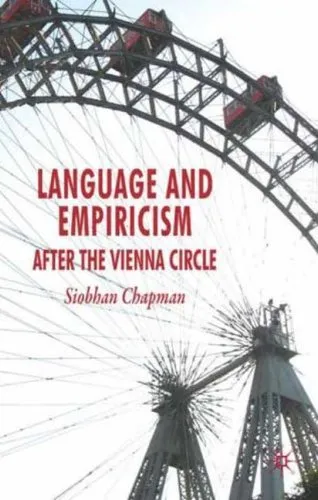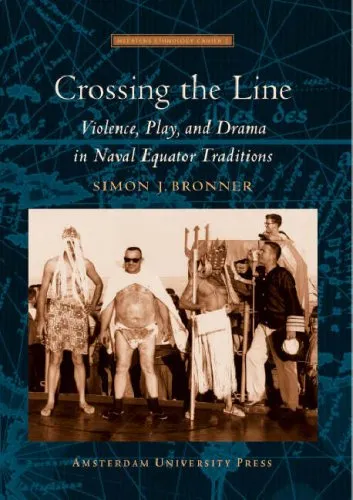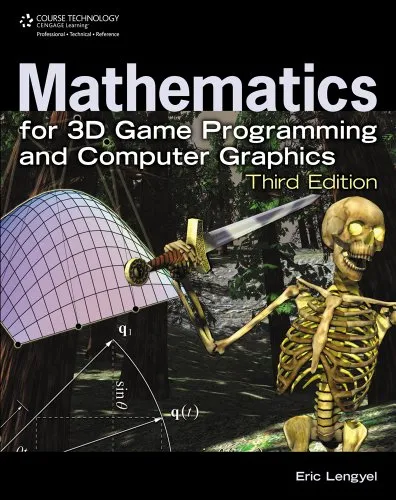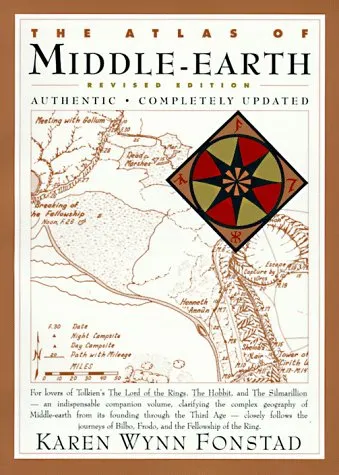Language and Empiricism - After the Vienna Circle
4.3
Reviews from our users

You Can Ask your questions from this book's AI after Login
Each download or ask from book AI costs 2 points. To earn more free points, please visit the Points Guide Page and complete some valuable actions.Related Refrences:
Introduction to 'Language and Empiricism - After the Vienna Circle'
Discover a profound exploration of the intersection between language and empiricism in the wake of the Vienna Circle's philosophical influence. This book intricately examines how language and empirical methods intersect with our understanding of human knowledge, advancing the discussions that the Vienna Circle initiated.
Detailed Summary of the Book
In 'Language and Empiricism - After the Vienna Circle', I delve into the philosophical landscapes that emerged following the Vienna Circle's disbandment. The Vienna Circle, a group of philosophers and scientists that revolutionized 20th-century thought, advocated for logical positivism, emphasizing logical analysis and empirical data over metaphysical speculation. This book seeks to explore how those foundational views evolved and influenced contemporary thought. The core theme revolves around analyzing linguistic frameworks and how they address empirical inquiry. By examining the works of key post-Vienna philosophers, the narrative sheds light on the transformation of ideas about language's role in shaping scientific and philosophical methodology. Discussions are enriched by contrasting various philosophical doctrines that emerged as either extensions or counterarguments to logical positivism. Overall, this comprehensive summary guides the reader through a journey of intellectual evolution that views language as an essential tool for empirical research.
Key Takeaways
- Insight into the transition from logical positivism to contemporary philosophical thought.
- An examination of the critical relationship between linguistic analysis and empirical data.
- Understanding of how post-Vienna Circle philosophers have influenced modern epistemology and philosophy of science.
- In-depth analysis of language as a pivotal element in scientific methodology.
Famous Quotes from the Book
“Language serves not only as a vehicle for communication but as a critical scaffold upon which empirical knowledge is constructed.”
“The search for meaning within science is as much a philosophical endeavor as it is an empirical one.”
Why This Book Matters
'Language and Empiricism - After the Vienna Circle' is an essential read for anyone interested in the evolution of modern philosophy and the enduring influence of the Vienna Circle. The book addresses pivotal questions at the confluence of linguistic theory and empirical research, a topic that remains highly relevant in today's scientific and philosophical debates. By dissecting the continuing impact of philosophical giants and their successors, this book illuminates the complexity of developing a comprehensive understanding of human knowledge. As scholars continue to grapple with the challenges posed by empirical validation and linguistic precision, 'Language and Empiricism' stands as a significant resource that bridges historical perspectives and current intellectual pursuits. Whether you're a student of philosophy, a scholar, or a curious reader, this book offers valuable insights into a defining aspect of philosophical thought.
Free Direct Download
You Can Download this book after Login
Accessing books through legal platforms and public libraries not only supports the rights of authors and publishers but also contributes to the sustainability of reading culture. Before downloading, please take a moment to consider these options.
Find this book on other platforms:
WorldCat helps you find books in libraries worldwide.
See ratings, reviews, and discussions on Goodreads.
Find and buy rare or used books on AbeBooks.
1436
بازدید4.3
امتیاز0
نظر98%
رضایتReviews:
4.3
Based on 0 users review
Questions & Answers
Ask questions about this book or help others by answering
No questions yet. Be the first to ask!
















